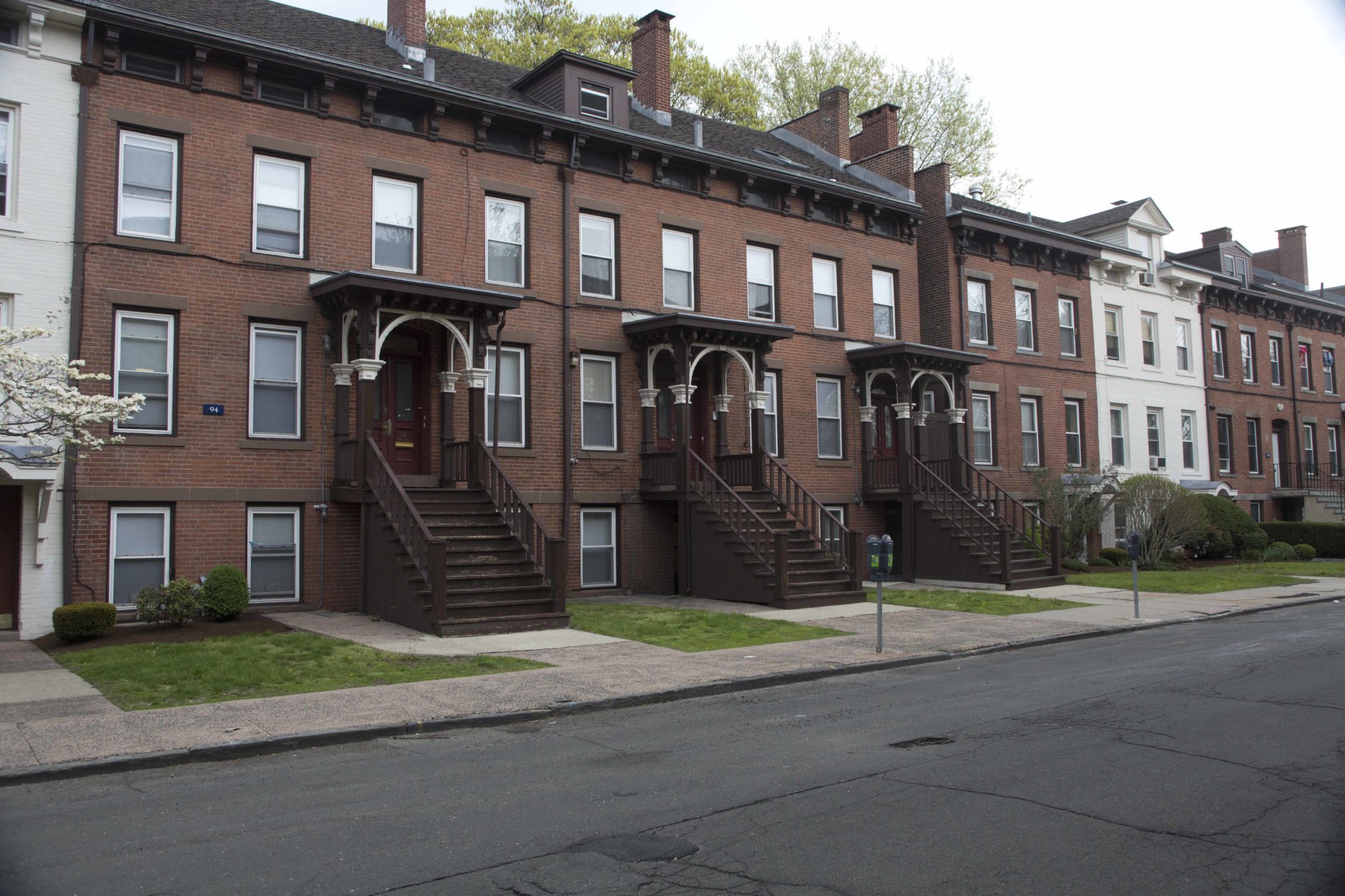
Every day, student tour guides tout the residential college system as the heart of the Yale experience to tourists and prospective Yalies alike. But, as the number of students living off campus rises each year, Yale College Dean Marvin Chun must work to keep that selling point a reality.
A total of 910 undergraduates are living off campus this year, representing around 17 percent of the Yale College population, according to Paul McKinley, director of strategic communications for Yale College. Those numbers far exceed the University’s projection that 11 percent of students in a given year will live off-campus. A Yale College Council review of off-campus housing commissioned by the University last semester identified two primary reasons for the uptick in students moving off-campus — issues with the price and flexibility of Yale’s meal plans and a desire to live with friends in different residential colleges.
This semester, the dean’s office is assessing whether adjustments can be made to reduce off-campus housing rates, Chun told the News in an email.
“Residential colleges … create communities of students who learn as much from each other as they do from their instructors, usually in the unplanned interactions that come from living among one another,” Chun said. “My concern is that, when students move off campus, they reduce the frequency and breadth of these interactions.”
Chun’s concerns echo those of former Yale College Dean Jonathan Holloway, who told the News in April that students who live on campus generally have a “better well-being” than those who live off campus. Under Holloway’s leadership, the University deliberately made transferring to the new colleges a simple process in order to pull back students who had already moved off campus and to retain students considering the move. University administrators also have conducted multiple surveys to seek student input on why more students are moving off campus.
The heads of Yale’s various residential colleges have engaged in conversations about off-campus housing rates as well, said Stephen Davis, head of Pierson College and chair of the Council of the Heads of College. But Davis added that it is important for the University to fully understand the factors driving students off campus before it addresses the problem.
“One of the things that makes Yale distinctive and really imprints on undergraduates’ experiences here is the residential college system,” Davis said. “As we are stewards of this system, we’re trying to get a sense of what’s in our control, what we can, in fact, do to respond to such concerns when they arise.”
Davis said Chun has solicited the perspectives of people from different offices across the University to better understand the different angles and dimensions of the problem with the growing number of students moving off campus.
Last semester’s Yale College Council review offered a set of recommendations to bring students back to campus, which included lowering the cost of the meal plan and offering housing in Swing Space to students who want to live with friends in different residential colleges. Larry Fulton ’19, who helped put together the review, told the News he met with administrators several times last semester to discuss the report and that Chun has read the review. Chun said the YCC provided “helpful input” on the topic of off-campus housing rates.
Chun said he hopes the completion of the new colleges will reduce the need for annexing and drive down off-campus housing rates. But he acknowledged that the University will not be able to assess the effects of the new colleges on these issues for another one or two years. Fulton said he believes fewer upper-level students will move off campus this year because the new colleges gave upper-level students the opportunity to live on-campus with friends from different residential colleges. But he emphasized that this effect will only be temporary and that changes must be made if Yale wants to maintain the spirit of the residential college system.
“I think the root causes of the problem persist, and, unless Yale is going to plan on 16 percent of the students living off-campus, it still has a problem,” Fulton said.
More than 97 percent of Harvard undergraduates live on campus all four years.
Adelaide Feibel | adelaide.feibel@yale.edu







